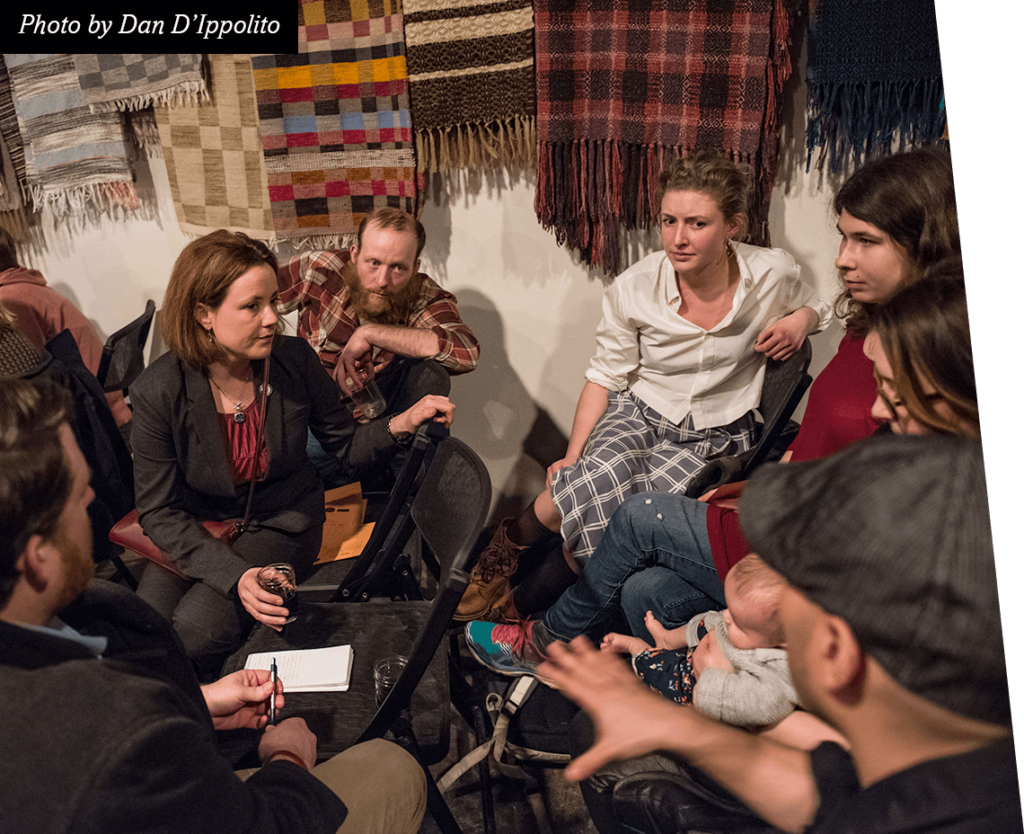Application Guidelines
We want anyone and everyone in Maine who wants to have the opportunity to join in a rich, meaningful discussion with others about things that really matter to them.
Maine Humanities works closely with every Discussion Project host to support you in bringing your project to life in a way that meets your community’s needs. The MHC provides a facilitator, provides or covers costs for materials, and offers other support as needed.
We are especially keen to support projects proposed by people and organizations serving those who are most deeply isolated from each other and the wider community, and those whose work has public impact.
Program Priorities and Criteria
- People and organizations serving those who are most deeply isolated from each other and the wider community.
- People and organizations whose work has public impact.
- Organizations serving and led by members of communities traditionally under-resourced in the humanities are encouraged to apply. These groups include people of color, people who identify as LGBTQ+, people who live in rural areas, people with disabilities, people who identify as immigrants or refugees, and people whose first (or only) language is not English. (This is not an exhaustive list.)
Common Questions

Apply
We want anyone and everyone in Maine to have the opportunity to join in a rich, meaningful discussion with others about things that really matter to them. Who will you gather?


